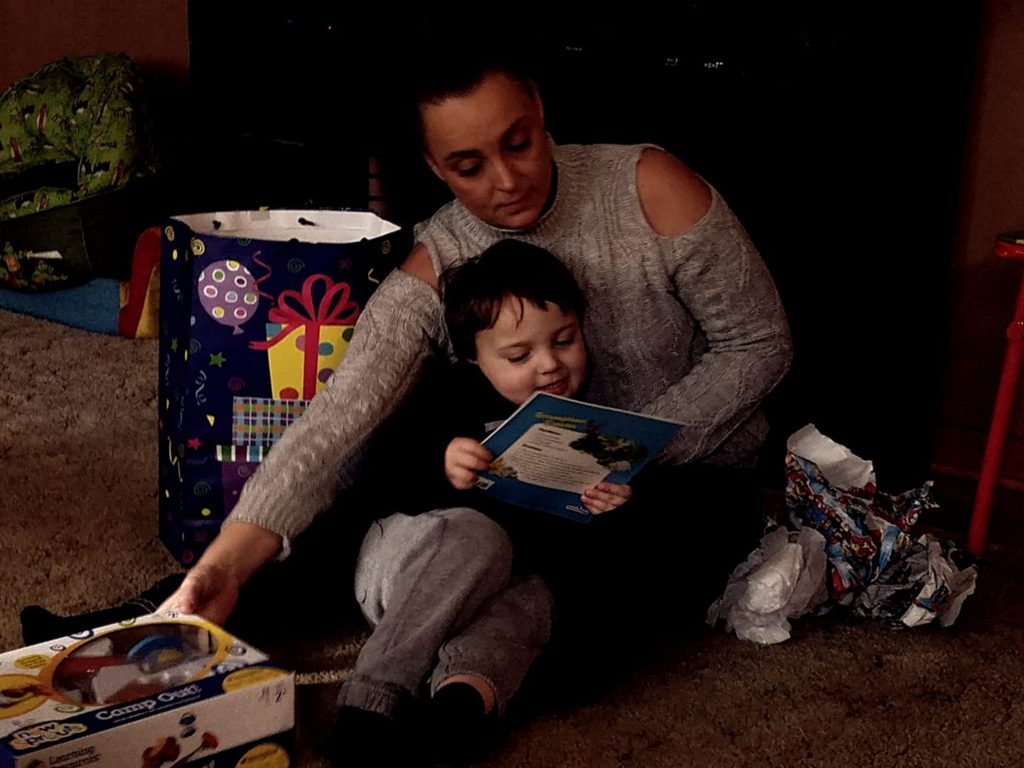Annette Flannery lives in Maryland with her husband and their son, Ronan. As Annette already had two daughters and two sons, the couple was pleasantly surprised to discover they were expecting Ronan eight years ago. They didn’t know they would be the parents of an amazing little boy with Klinefelter syndrome and autism.
Diagnosis:
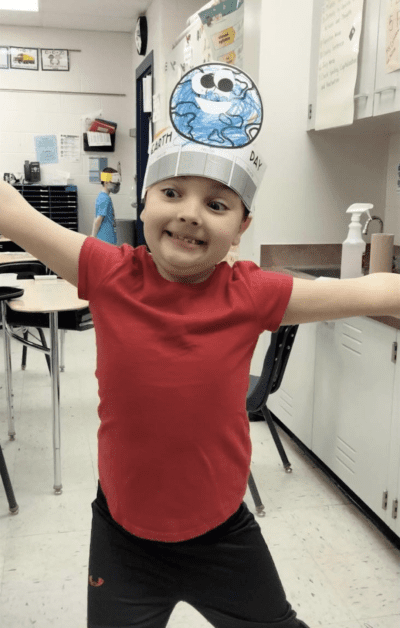

The couple got referred to a genetic specialist, who gave them a list of terrifying possible outcomes for their unborn son. They said he would likely have ADHD and wouldn’t achieve much. Throughout the appointment, the doctors asked more than once if they wanted to continue with the pregnancy. However, something wasn’t adding up.
What are we missing?
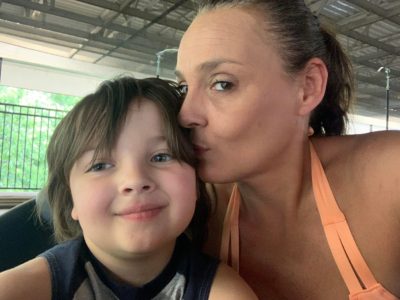 Shawn asked, “what are we missing? So, you’re telling us there’s no issue with the quality of life? Is he going to be in a chair? He’s not going to need 24/7 care?” The doctor said no, their son wouldn’t need any advanced care. Annette felt shocked at the news and recalled, “At first, I was devastated. And I still am with certain things. Is he going to have breasts? Is he going to have hips? I was upset about the fact that you know, he’s not going to have children. For my selfish reasons now, today being what it is, I’m not sure I care that I will not have grandchildren.” She felt confused by the doctors’ information, and Google did little to clear up their worries.
Shawn asked, “what are we missing? So, you’re telling us there’s no issue with the quality of life? Is he going to be in a chair? He’s not going to need 24/7 care?” The doctor said no, their son wouldn’t need any advanced care. Annette felt shocked at the news and recalled, “At first, I was devastated. And I still am with certain things. Is he going to have breasts? Is he going to have hips? I was upset about the fact that you know, he’s not going to have children. For my selfish reasons now, today being what it is, I’m not sure I care that I will not have grandchildren.” She felt confused by the doctors’ information, and Google did little to clear up their worries.
When they were finally alone, Annette said to her husband, “Are we missing something? I do not quite understand why they’re pushing for this. Every family had someone who had ADHD in there. Every family has an energetic little boy. It’s not anything that any other family isn’t dealing with.” Annette questioned why the doctors were pushing for termination and decided to proceed with the pregnancy.
Pregnancy and delivery:
Despite being at high risk at age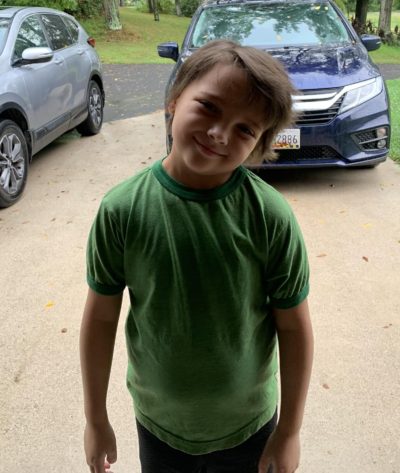

Klinefelter syndrome and autism:
Annette and her husband enjoyed getting to know their new son as the years passed. At the same time, everything seemed to be going smoothly for the first several years, until around ages three and four. They noticed Ronan began acting out and becoming “really defiant.” While he was brilliant, they noted many of his thoughts were dark. They brought him for testing and learned that besides Klinefelter syndrome, Ronan had high-functioning autism, ADHD, and possibly oppositional defiant disorder (ODD). The family began to pursue early intervention services, taking each day as it came. Some days are “fantastic, and others are not so great.”
Raising Ronan:
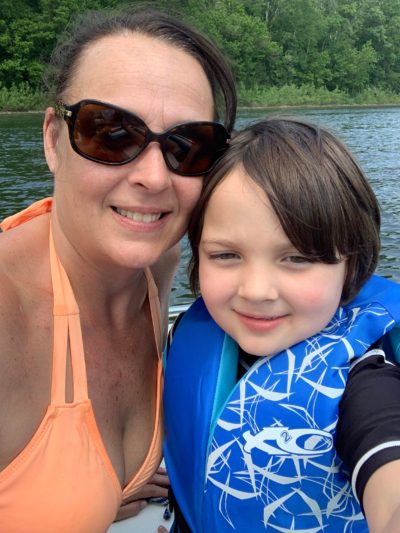

Like many children, Ronan struggled with the changes brought about by the COVID-19 pandemic and, at times, felt isolated. While he does have a close friend at school, he often prefers to eat lunch alone, as he struggles with the smells of other students’ lunches. These are the things that make Annette “wonder and feel sad.” For Annette, the unknowns that come with Ronan’s diagnosis worry her: “It’s all the unknowns. You don’t know what is going to happen. That is the hardest stuff.” The family works with an occupational therapist, physical therapist, and various Johns Hopkins doctors to help manage the symptoms associated with his diagnosis.
Ronan in school:
Ronan has an individualized education plan, or IEP, to support his autism symptoms in school. However, Annette constantly communicates with his teachers and therapists, updating them on any new information she learns about Klinefelter syndrome so they can best support him. Annette isn’t afraid to advocate for Ronan and pushes for the doctors and therapists. Annette wants to work with him. She has a friend who has a child with autism, who has been a massive support as they navigate managing his care. Even with help, managing Ronan’s care can sometimes feel daunting because “it encompasses mental health, physical health, social health, and pragmatics.”
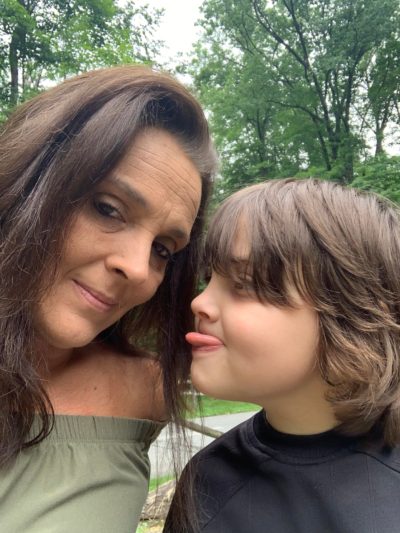

Ronan is an eloper, and the family has struggled to help him understand the dangers of running away or going outside without telling an adult. On a recent adventure
away from home, a police officer told him he couldn’t leave the house without telling an adult, to which Ronan responded, “I am six years old. I can take care of myself.” Even though they have difficulties, Annette said, “I don’t think we struggle any more than any other family. I don’t. After Ronan was born, I was so upset. I remember looking at Shawn and going, ‘I can’t believe we even considered terminating this pregnancy.'”
She wondered why the doctors even “put that thought” in her head and added, “I don’t think that just because people don’t know about it, that justifies terminating.”
Living With XXY:
Annette feels that doctors delivering a diagnosis to parents must prepare themselves with accurate and up-to-date information. She commented, “Having a baby will be the luck of the draw anyway. And having Klinefelter syndrome does not contribute to, you know, other issues. My daughter is perfectly healthy, but she had a heart defect.” She wished the doctors had been more reassuring and positive when giving the news. They could come prepared with references and “written information that talks about positives and negatives and not just “Google-style” pamphlets that list the negatives first.” She added, “when it’s a quality of life issue, they may have to be blunter, but not here. With numbers like 1 in 500 people, the doctors need to know more.”
What she would tell other moms:
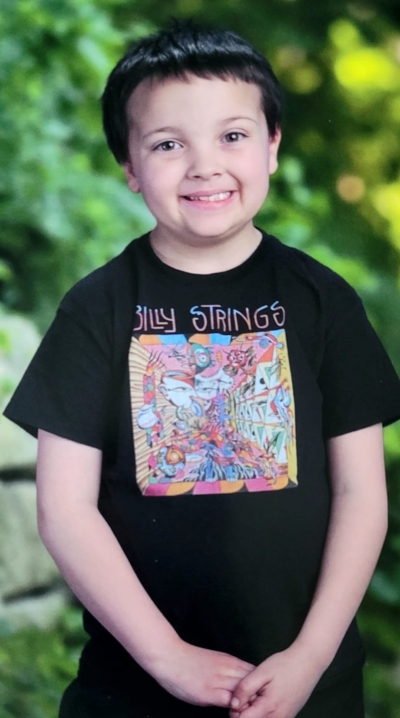

Annette said about raising Ronan with Klinefelter syndrome and autism, “He’s not as easy as some children, but he’s certainly not as hard as others. He’s smart, and he’s loving, he’s funny, he’s happy, and that’s all that matters.

